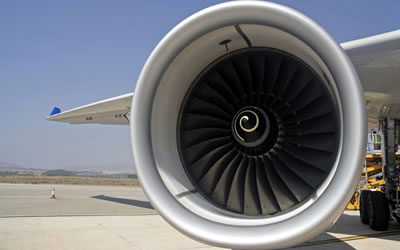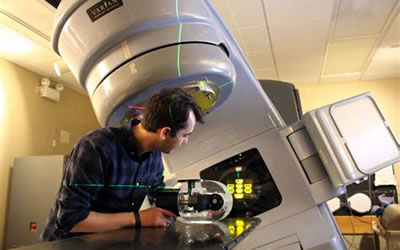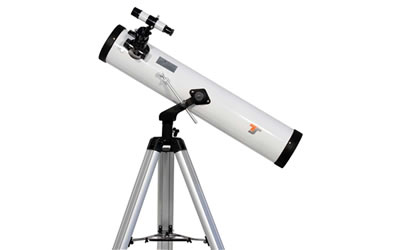Physics as a Human Culture
This culture has the dream or purpose to create or reinvent the motion, energy, force, and behavior of matter through space and time.
Physics - Subcultures

















Physics - Data Collection
As a Physicist, please Login and provide research data on any of the following topics.
1. Government Agencies.
In preparing the faculties of knowledge to function constitutionally as Arms of Government, please list as many government offices, agencies, ministries, institutions, or parastatals presently in your region you believe fall under the authority, leadership, jurisdiction, legislation, or administration of the faculty of Physics.
2. Licensing Rights.
Products and services are the efforts of multiple faculties working collaboratively. However, in our new economic design, conflicts arise on which faculty should possess the rights of ownership. Example. CELLPHONES - Physics or Electrical Engineering. PLASTICS - Chemistry or Materials Science. PHARMACEUTICALS - Biology or Health Science. List as many services, gadgetries, products, creations, or inventions that physicists provide or offer presently in your region that you believe fall under the licensing rights of the faculty of Physics.
3. The Future.
The faculty of Physics has just been granted ample funding and unhindered federal powers. Suggest a new idea, course of action, strategy, dream, innovation, or next-generation agency that physicists could implement, establish, or research and develop towards achieving a utopia in your region.